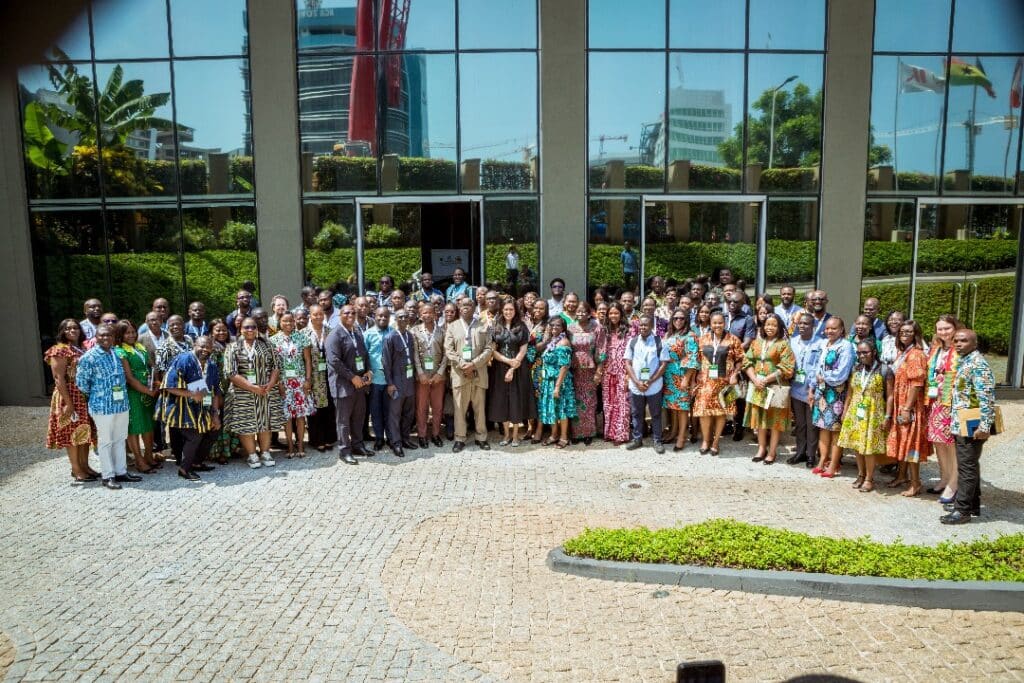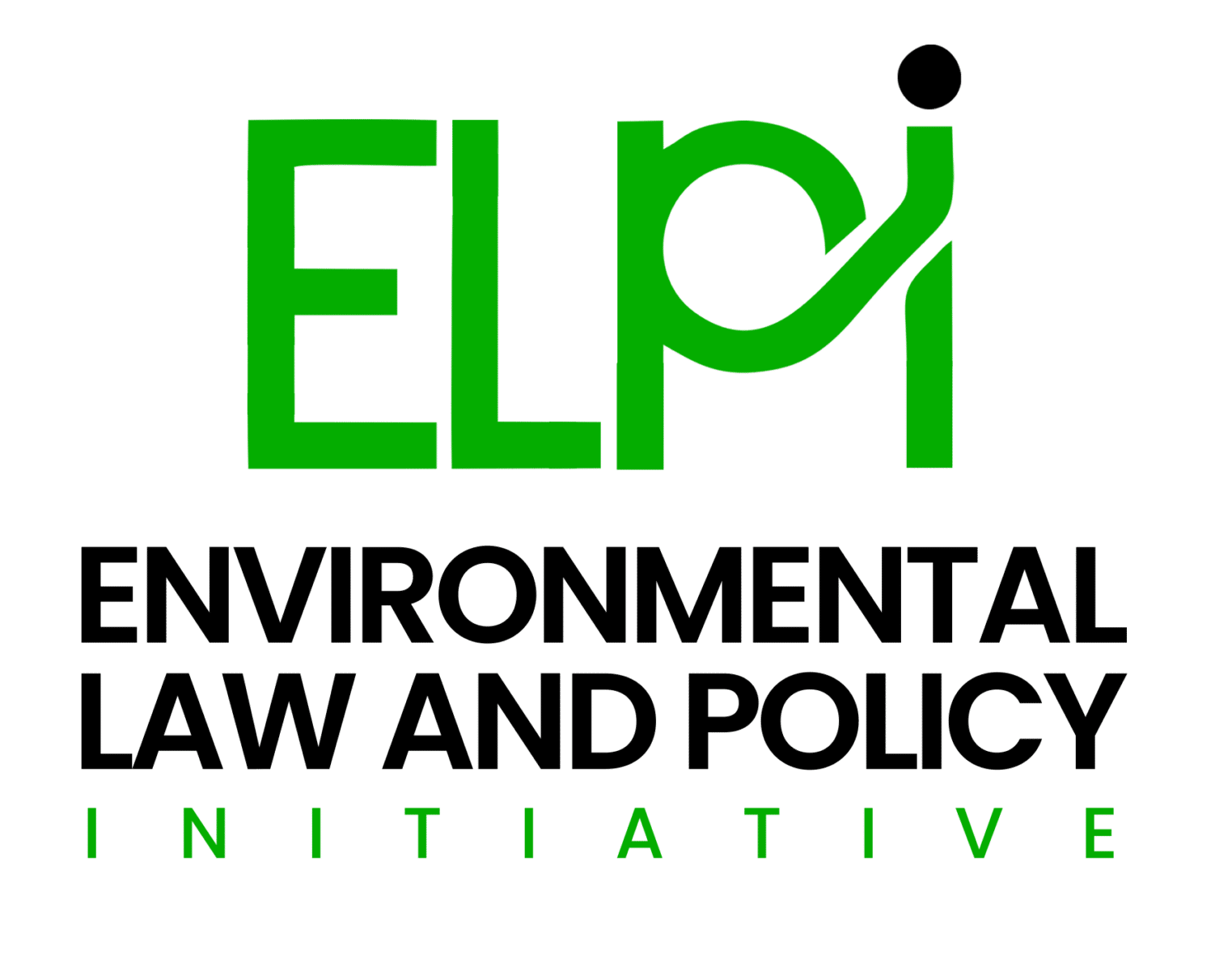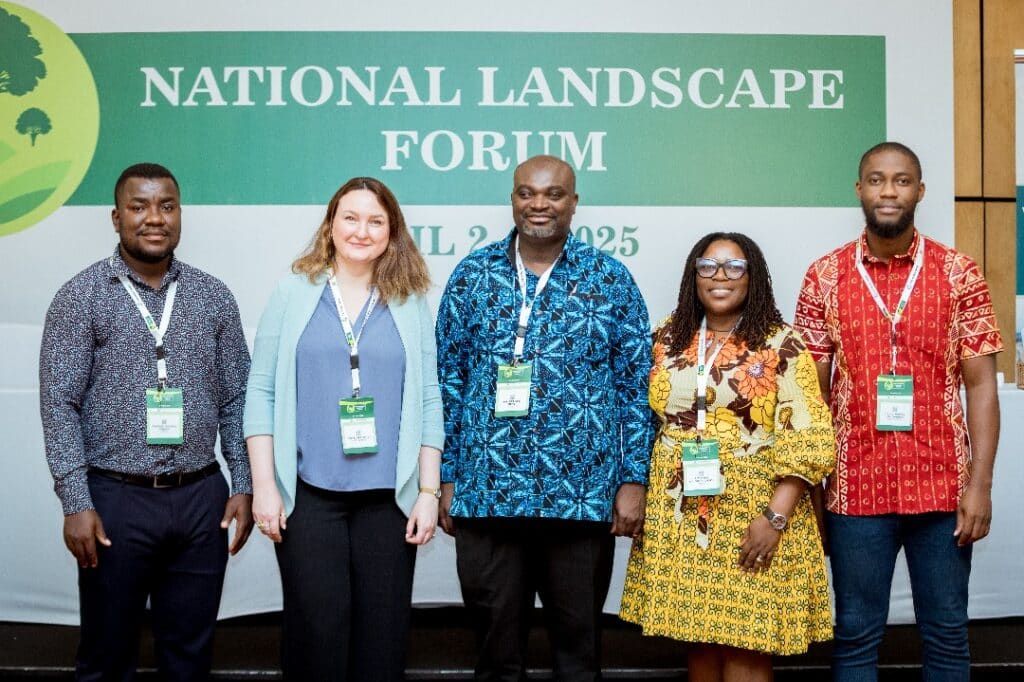Ghana’s Natural Resources at the Heart of Sustainable Economic Growth
Ghana’s economy is deeply intertwined with its natural resources. In 2023, export earnings from gold, cocoa, and oil alone accounted for nearly 80% of the country’s total exports — a clear reflection of its dependence on both renewable and non-renewable resources. While the economy continues to shift toward the service sector, natural resource-based industries remain critical to employment, providing jobs for 35–45% of the population across sectors such as agriculture, forestry, fisheries, and livestock.
Beyond their economic contribution, Ghana’s ecosystems also offer essential services that support livelihoods and national development. In 2021, the total value of these ecosystem services was estimated at US$1.5 billion, representing 1.9% of the country’s GDP.
Ghana Landscape Forum 2025: A Turning Point for Sustainability
From April 2–4, 2025, policy makers, private sector leaders, development partners, researchers, and civil society actors came together at the Ghana Landscape Forum held at the Marriott Hotel in Accra and virtually. The forum served as a strategic platform to explore how sustainable natural resource management can drive inclusive, long-term economic growth.
With growing environmental pressures — from deforestation to land degradation and pollution — the forum emphasized the urgent need to integrate ecosystem preservation into national development strategies.
Key Highlights from the Forum
The event offered a space for dialogue and innovation, focusing on practical solutions and forward-thinking policies. Key highlights included:

Official Launch of Ghana’s Natural Capital Accounts: These accounts provide a data-driven foundation for incorporating environmental assets into economic planning and decision-making.
Climate-Smart Cocoa Production: Experts and industry leaders discussed scalable approaches to improve yields while reducing deforestation and emissions.
Strengthening Forest Governance: Stakeholders examined how to enforce laws, empower communities, and incentivize sustainable practices across the forestry sector.
Pollution Management Strategies: Innovative solutions to manage plastic, water, and industrial waste were presented, aiming to improve both public health and environmental quality.
Community-Led Conservation: Grassroots leaders showcased successful projects where local stewardship of forests, wetlands, and coastal zones is delivering measurable ecological and economic benefits.
Aligning Sustainability with Economic Opportunity
Throughout the forum, government leaders and development partners reiterated their commitment to aligning environmental protection with economic opportunity. Discussions focused on how smart investments, inclusive policies, and capacity building can unlock new growth pathways that are both resilient and environmentally sound.
The Ghana Landscape Forum 2025 reinforced a crucial message: safeguarding natural capital is not a cost, but a catalyst for shared prosperity. As Ghana charts a path toward a green and inclusive economy, sustainable landscape and resource management must remain at the core of its development agenda.


